
OR
‘Red tape, auditing malpractice major causes of corruption’
Published On: December 23, 2019 10:36 AM NPT By: Republica | @RepublicaNepal
KATHMANDU, Dec 23: The Commission for the Investigation of Abuse of Authority (CIAA) has filed 206 cases against individuals for their alleged involved in corruption and irregularities in the first five months of the current fiscal year – FY2019/20.
As the country is implementing the federal system, there is a rise in the misappropriation of the state fund, shows the CIAA record. During the period, the anti-graft body carried out 94 sting operations.
According to the CIAA, it registered 351 cases at the Special Court, the highest number in the history of the CIAA, in the last fiscal year. Similarly, it had conducted 142 sting operations – also a record high – bringing 200 public officials to book.
Speaking at a event organized by the Institute of Chartered Accountants of Nepal on Sunday, the CIAA Chief Commissioner Nabin Kumar Ghimire said that corruption cases were on the rise, mainly at the local government level. “The commission has started rigorous watch on officials at the local units,” added Ghimire.
The CIAA survey report 'Study on Corruption and Good Governance in Nepal-2018' released last year also shows that only land revenue offices are more corrupt than local units. According to the report, most of the complaints are related to quantity and quality of supplied goods, substandard construction, awarding contracts without following due procedures, budget misappropriation, illegal mining of aggregate, distribution of social security allowance, and misuse of office facilities.
Participants of the program pointed out poor auditing process and fraudulent financial reporting, among others, as the reasons behind corruption.
Ghimire sought effective role of chartered accountants to check the cases of financial misappropriations in public offices.
The Corruption Perception Index 2019 released by the Transparency International also shows that Nepal's position fell two notches to 124 in 2018. The international non-governmental organization had pointed out weak monitoring and actions as one of the reasons behind the worsening governance ratings of the country.
Also speaking at the program, Revenue Secretary Shishir Kumar Dhungana urged auditors to properly scrutinize financial documents while sanctioning them. “It can help minimize the cases of both financial frauds and corruptions,” added Dhungana.
In contrast to the government claims, private sector, however, blamed red tape, weak supervision and wrong interpretations of existing laws for growing corruption levels. Chandra Dhakal, vice president of the Federation of Nepalese Chambers of Commerce and Industry, said that delay in service delivery at government offices was the root cause of corruption. “If multiple documents are needed to fulfill the procedures, the government officials deliberately ask for the documents one after another to delay the process,” he added.
Business leaders also expressed concern over the expanding shadow economy and falling quality of development work due to red tape. “In addition, it has also affected adversely the cost of doing business and innovations,” Anal Raj Bhattarai, coordinator of banking committee at the Confederation of Nepalese Industries, said.
You May Like This
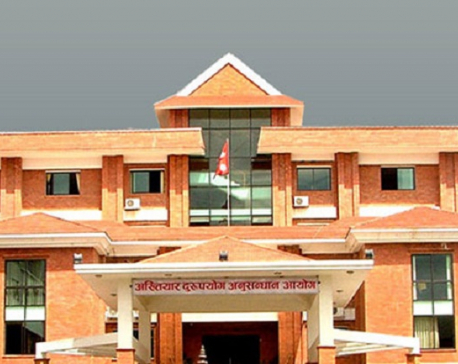
The legitimacy of having an independent investigation commission
The opposition parties’ demand to have an independent commission – parliamentary or judiciary – to investigate the smuggling of nearly... Read More...
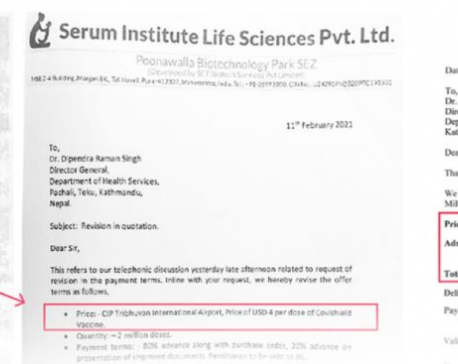
Hukam increased price of vaccine by 50%, just 12 days after SII communication
KATHMANDU, May 6: The government’s failure to purchase Covishield vaccine on time has resulted in the loss of countless lives.... Read More...

Helping women re-envision a better Nepal: Women LEAD Nepal
KATHMANDU,March 7: Women LEAD Nepal started as an idea that women and girls could change the trajectory of Nepal’s future and... Read More...

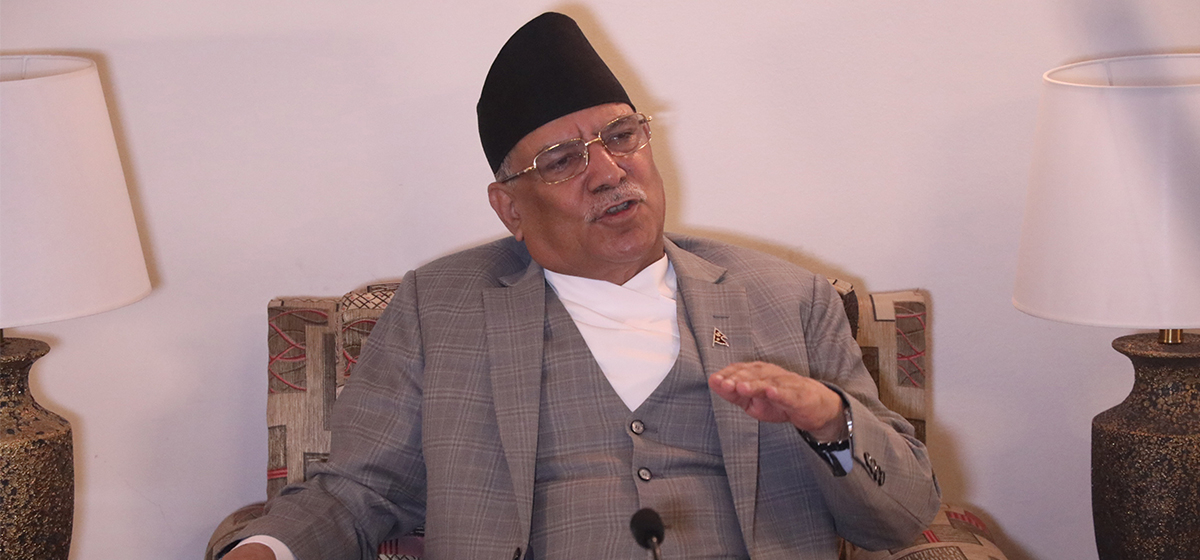
Just In
- NUP Chair Shrestha: Resham Chaudhary, convicted in Tikapur murder case, ineligible for party membership
- Dr Ram Kantha Makaju Shrestha: A visionary leader transforming healthcare in Nepal
- Let us present practical projects, not 'wish list': PM Dahal
- President Paudel requests Emir of Qatar to initiate release of Bipin Joshi
- Emir of Qatar and President Paudel hold discussions at Sheetal Niwas
- Devi Khadka: The champion of sexual violence victims
- Nagarik Nayak Felicitation (Live)
- Qatar Emir in Kathmandu, President and Prime Minister welcome Emir at TIA (In Photos)






_20240423174443.jpg)

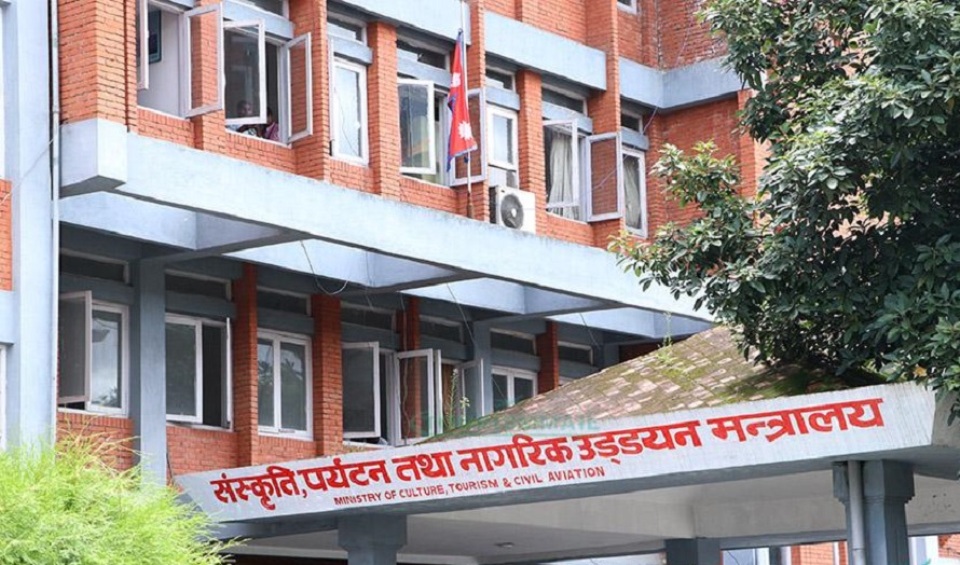




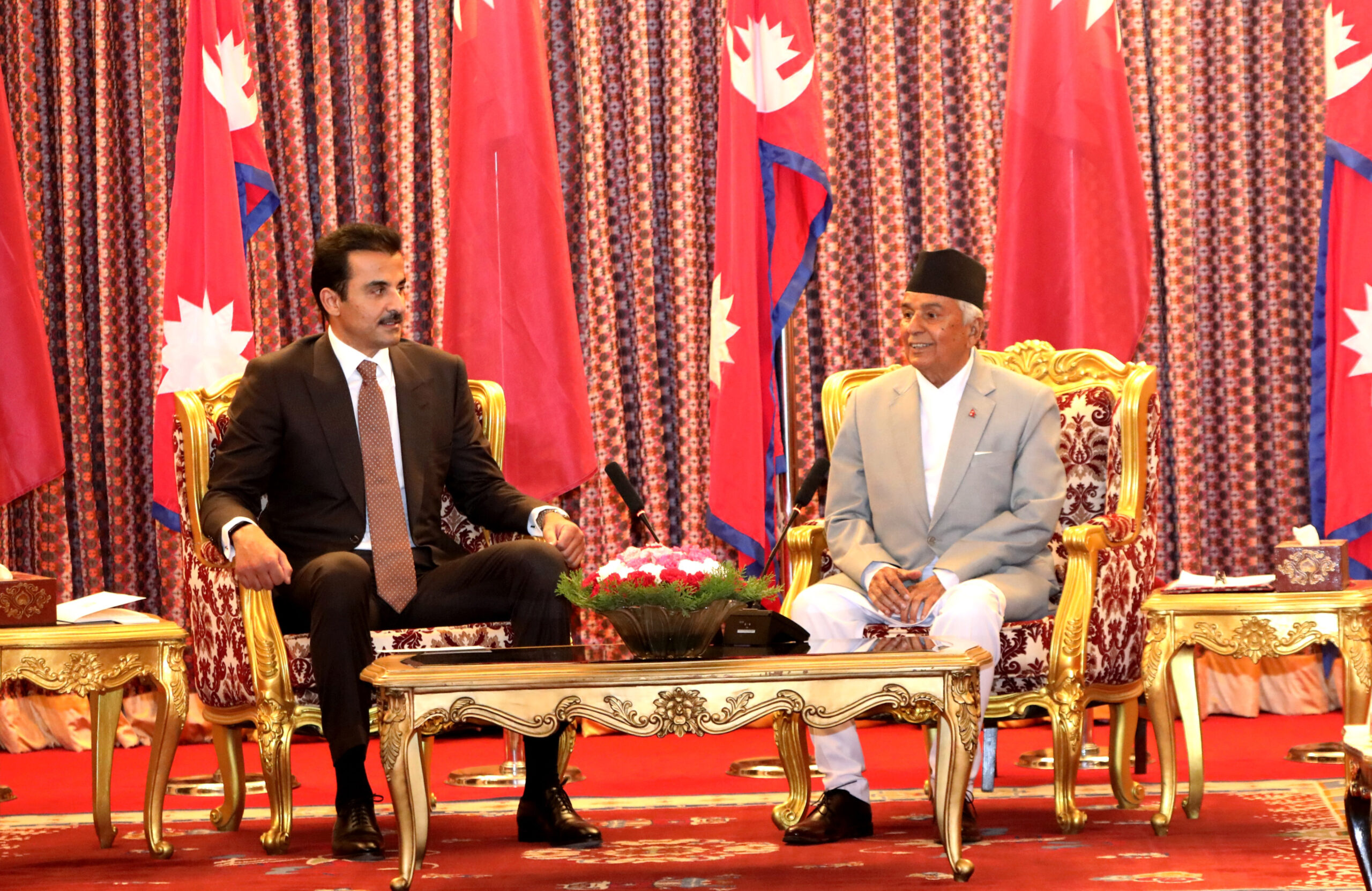
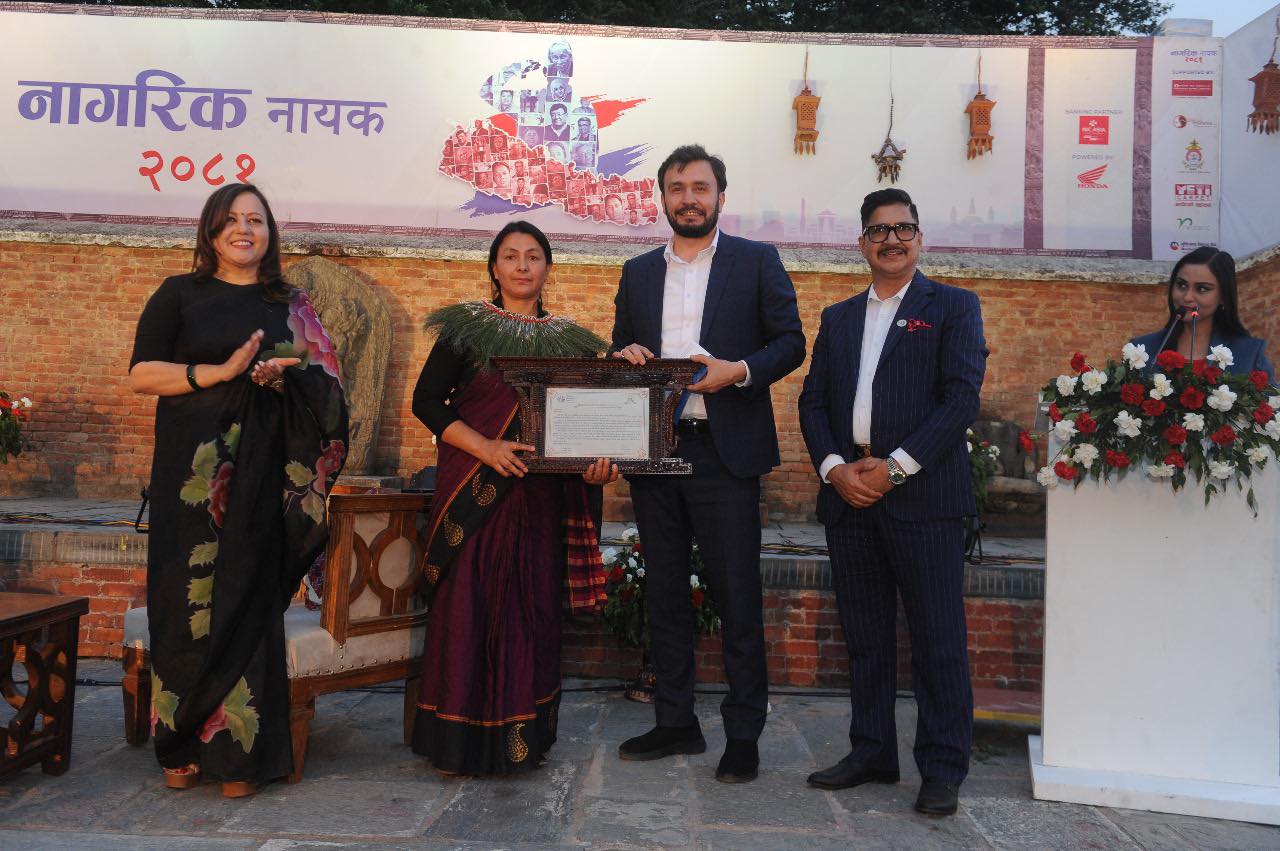
Leave A Comment